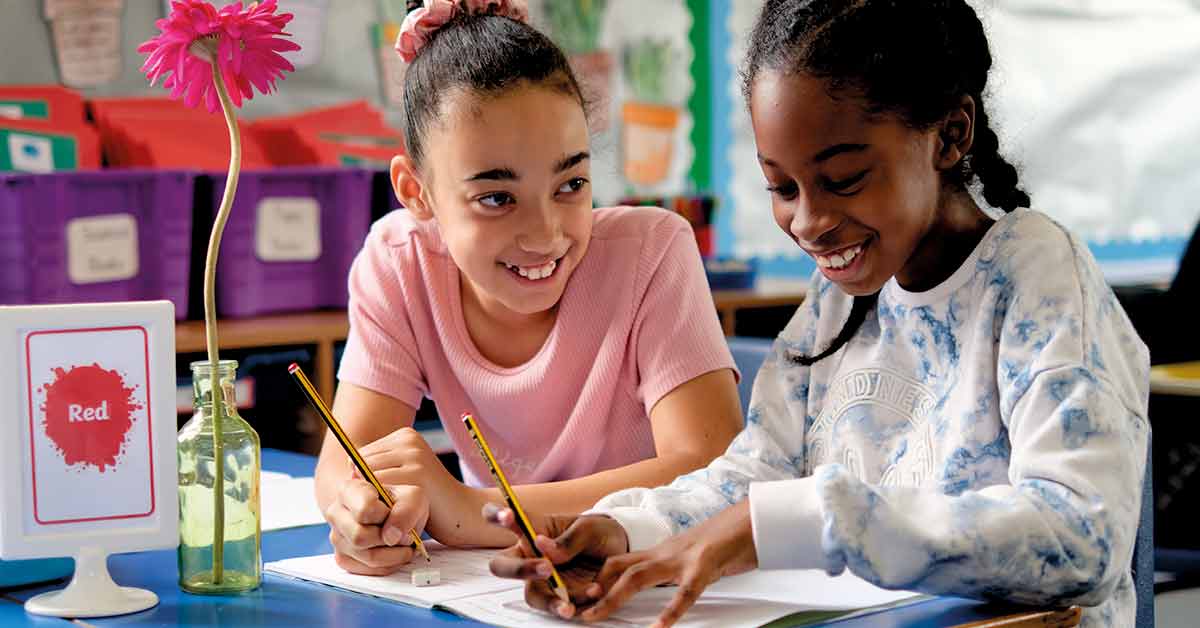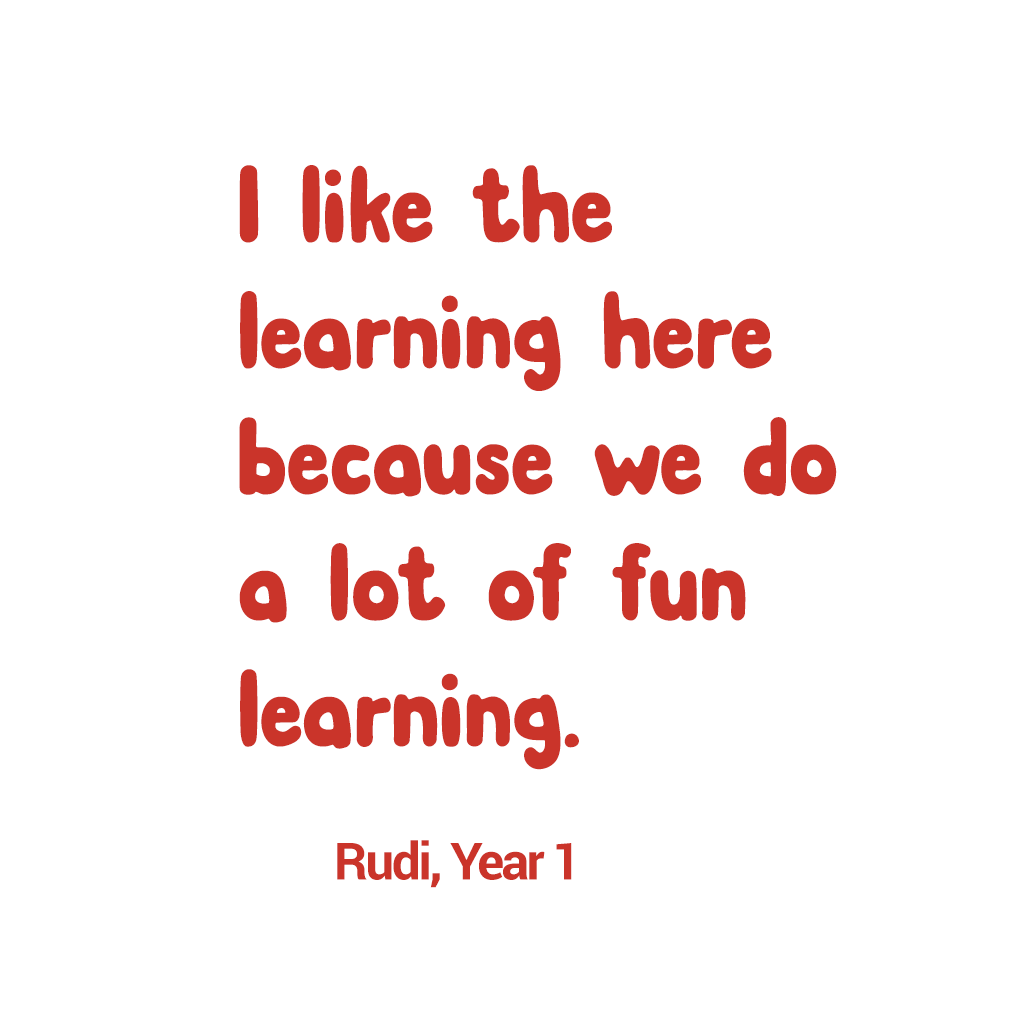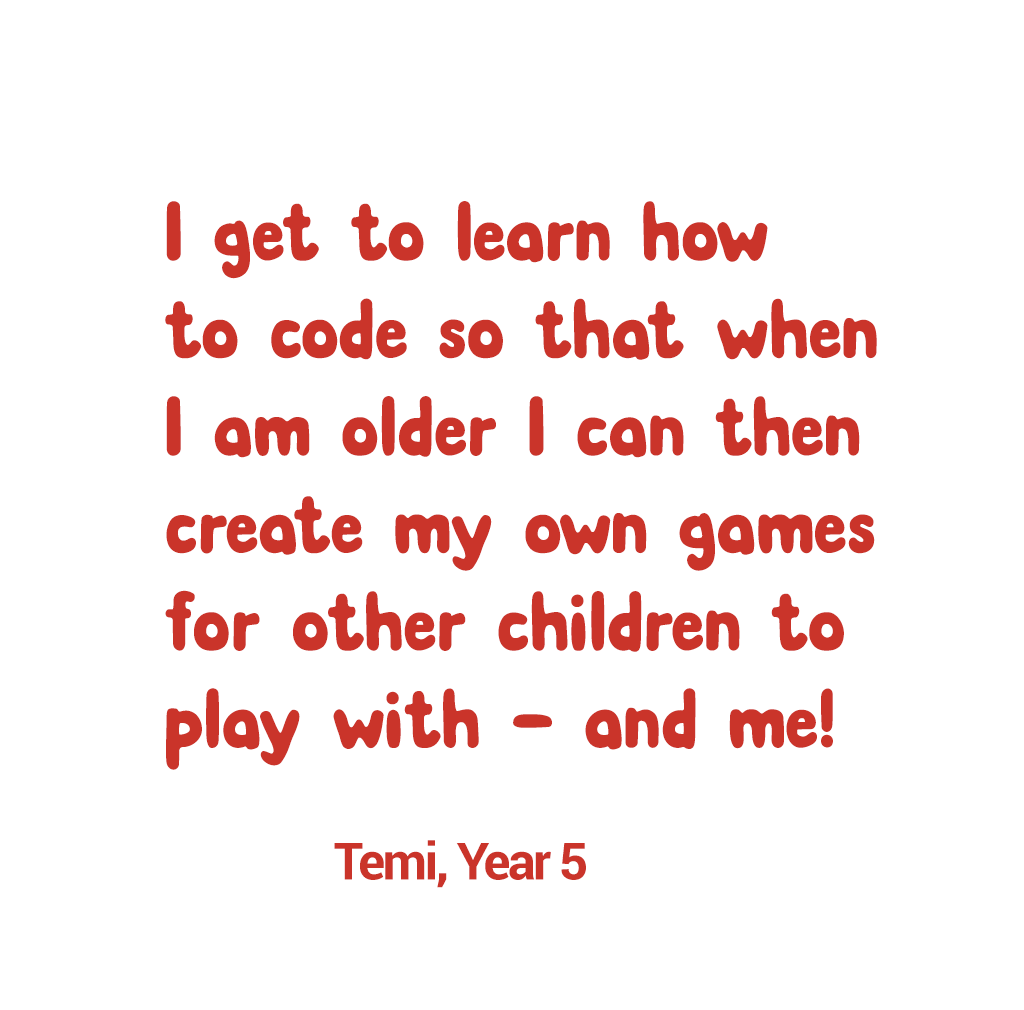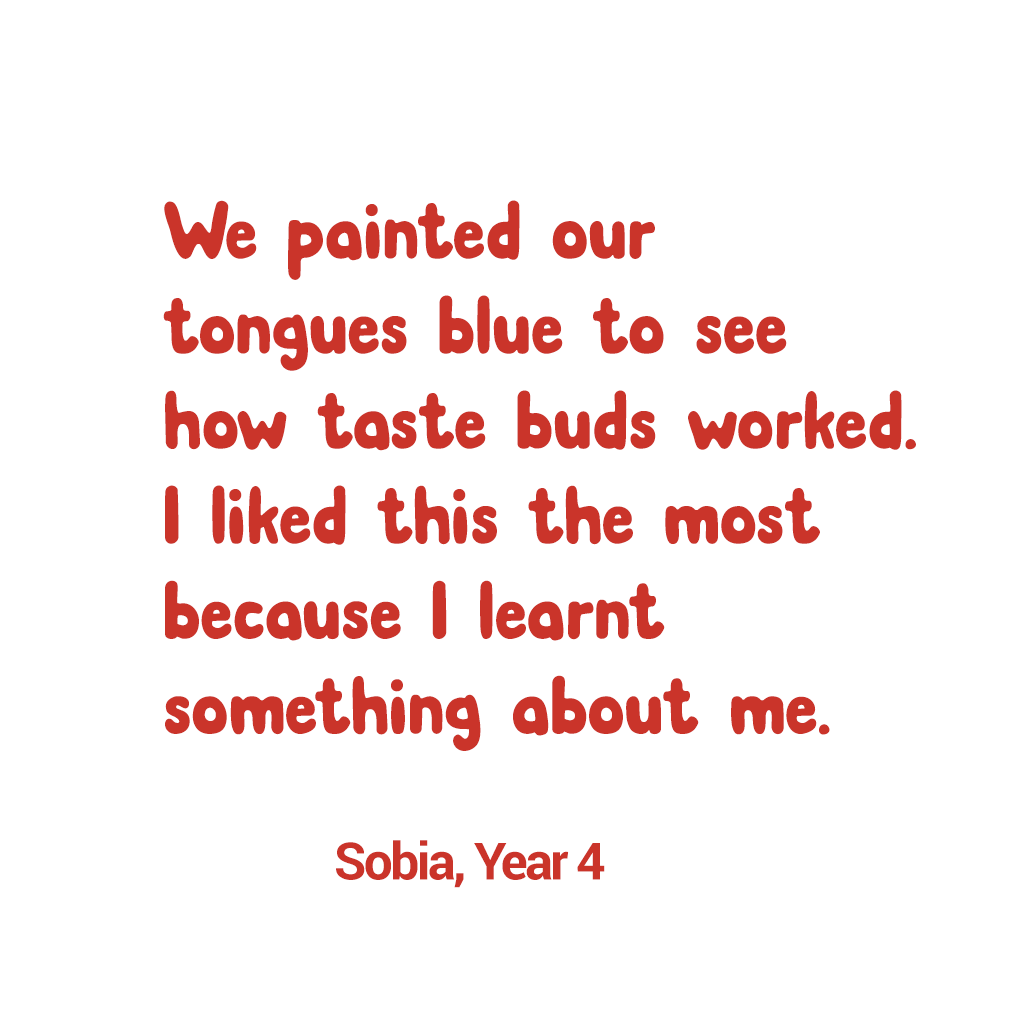
English
In English in the Autumn Term the children study 'the Bad Beginning' by Lemony Snicket and use this as a stimulus for writing. In response to this they write diary entries and letters in character, additional parts to the story as well as writing dialogue. Later in the term they study 'A Christmas Carol' by Charles Dickens.
They also study a range of Greek Myths and then use what they have learned to write their own myths, focusing on effective characterisation and use of description. In their non-fiction work, the children write a range of recounts as well as learning how to write discussions that present both sides of an argument in a balanced way. The children study some classic poetry this term too.

In the Spring Term the children look at the text 'The Phoenix and The Carpet' by Edith Nesbit as well as a range of stories from Africa, including Journey to Jo’burg by Beverley Naidoo.
The aim of the writing linked to these texts is to develop their use of descriptive vocabulary in story writing as well as learning how to present playscripts. The children write some information reports linked to their topic on the continent of Africa, as well as writing biographical pieces about significant figures such as Nelson Mandela. The poetry work this term focuses on performance poetry.
In the Summer Term, the children study the text 'Cosmic' by Frank Cottrell Boyce where they learn about the genre of science fiction and then write their own story in this style, and then a unit on William Shakespeare's 'A Midsummer Night's Dream'. They also study the text Go Free or Die: a story about Harriet Tubman as part of their topic on significant and influential people.
In their poetry work they look at the power of imagery, using a range of poetic devices including similes, metaphors and personification. The non-fiction writing includes looking at instructions, explanations and newspaper reports.
For the Grammar, Punctuation and Spelling content covered in Year 5, please click on the English link for more details.
Maths
The year begins by looking at place value, building on the work from Year 4. This includes work on rounding, ordering and comparing numbers to 100,000, as well as work on negative numbers and Roman numerals. They then move on to addition and subtraction, using the column method to solve increasingly challenging problems.
The number work continues into a unit on multiplication and division which focuses on factors, multiples and prime numbers, as well as learning how to multiply and divide by 10, 100 and 1000. The statistics work this year involves reading and plotting line graphs in addition to interpreting tables and timetables. The work on shape centres around calculating the area and perimeter of shapes.
In the Spring Term the children build on their work last term on multiplication and division before moving on to an extensive unit on fractions. The fractions unit looks in depth at equivalent fractions, converting between mixed numbers and improper fractions, comparing and ordering fractions, and then adding, subtracting and multiplying fractions. They then learn how to calculate fractions of amounts.
At the end of the Spring Term and the start of the Summer Term, the children use their knowledge and understanding of fractions to help them understand decimals and percentages.
The shape work this term focuses on measuring and drawing angles accurately as well as using knowledge of angles to calculate angles on a straight line and around a point. They learn to plot and read coordinates as well as translating and reflecting shapes on a coordinate grid.
The children end Year 5 by looking at measurement. This includes measuring length, mass and capacity using both metric and imperial units. Time is revisited before moving on to learning about volume.
Science
In Year 5 the children study the following units:
Forces: In this topic in the Autumn Term the children look at the force of gravity as well as studying the effects of air resistance, water resistance and friction.
Properties and Changes in Materials: In this Spring Term topic the children compare and group together everyday materials on the basis of their properties, including their hardness, solubility, transparency, conductivity (electrical and thermal), and response to magnets. They will learn that some materials will dissolve in liquid to form a solution, and describe how to recover a substance from a solution. They will use their knowledge of solids, liquids and gases to decide how mixtures might be separated, including through filtering, sieving and evaporating. They will learn about reversible and irreversible changes.
Animals (humans): The focus of this unit in the Summer Term is to learn about the changes that occur in humans as they develop from babies through their life into old age. They also learn about teeth and the digestive system.
Earth and Space: The final unit of science work centres around the Earth and Space. The children will learn about the movement of the Earth in relation to the sun, as well as the movement of the moon in relation to the Earth. They will use the idea of the Earth’s rotation to explain day and night and the apparent movement of the sun across the sky. The important part that Mary Jackson, Dorothy Vaughan and Katherine Johnson played in NASA’s race to get man into orbit will also be explored.
Topics
Autumn Term: Ancient Greece
At the start of the year, the children work on a topic about Ancient Greece. They learn who were the Ancient Greeks and examine what everyday life was like in this period of history by studying evidence and looking at buildings and temples.
Linked to their English work on myths, the children will find out about Greek Gods and Goddesses and the importance of this to the Ancient Greeks.
The children will then look at how the Ancient Greeks have shaped modern society including democracy and government, culture, sport and the Olympic Games, before looking at what life is like in modern day Greece.
The Design Technology work this term centres around a cooking project of making bread and then holding a Greek feast!
Spring Term: Amazing Africa
This topic helps the children to understand about the diversity and richness of African culture and the African continent. They will learn that African kingdoms and empires were powerful, wealthy and influential and had advanced societies, long before slavery and colonialism.
This will include learning about the ancient kingdom of Benin. The focus will then move on to learning about the geography and history of South Africa including Apartheid and the fight for equality. They will learn about Nelson Mandela and his fight for freedom.
Summer Term: Significant Lives, Significant Times
In the final topic in Year 5 the children will learn about a range of significant people who have helped shape history. They will study Henry VIII and what life was like in Tudor times, and why the Church of England was formed.
The children will then learn about slavery in America, focusing on Harriet Tubman and her escape to freedom using the underground railroad. They will study the achievements of Matthew Henson and Robert Peary, looking as well at the timeline of other key explorers and examining why Matthew Henson’s achievements were often overlooked initially.
The period of WW2 will be studied in the context of looking at it through Anne Frank’s diary and the treatment of Jewish people under Hitler. The topic will end with a unit on space exploration, linked to their Science work, where the achievements of many people including Mae Jemison will be examined.




